rng
Anaerobic Digestion
Brightmark has a portfolio of circularity centers with various farms across the United States—turning organic waste into new products through circular innovations.
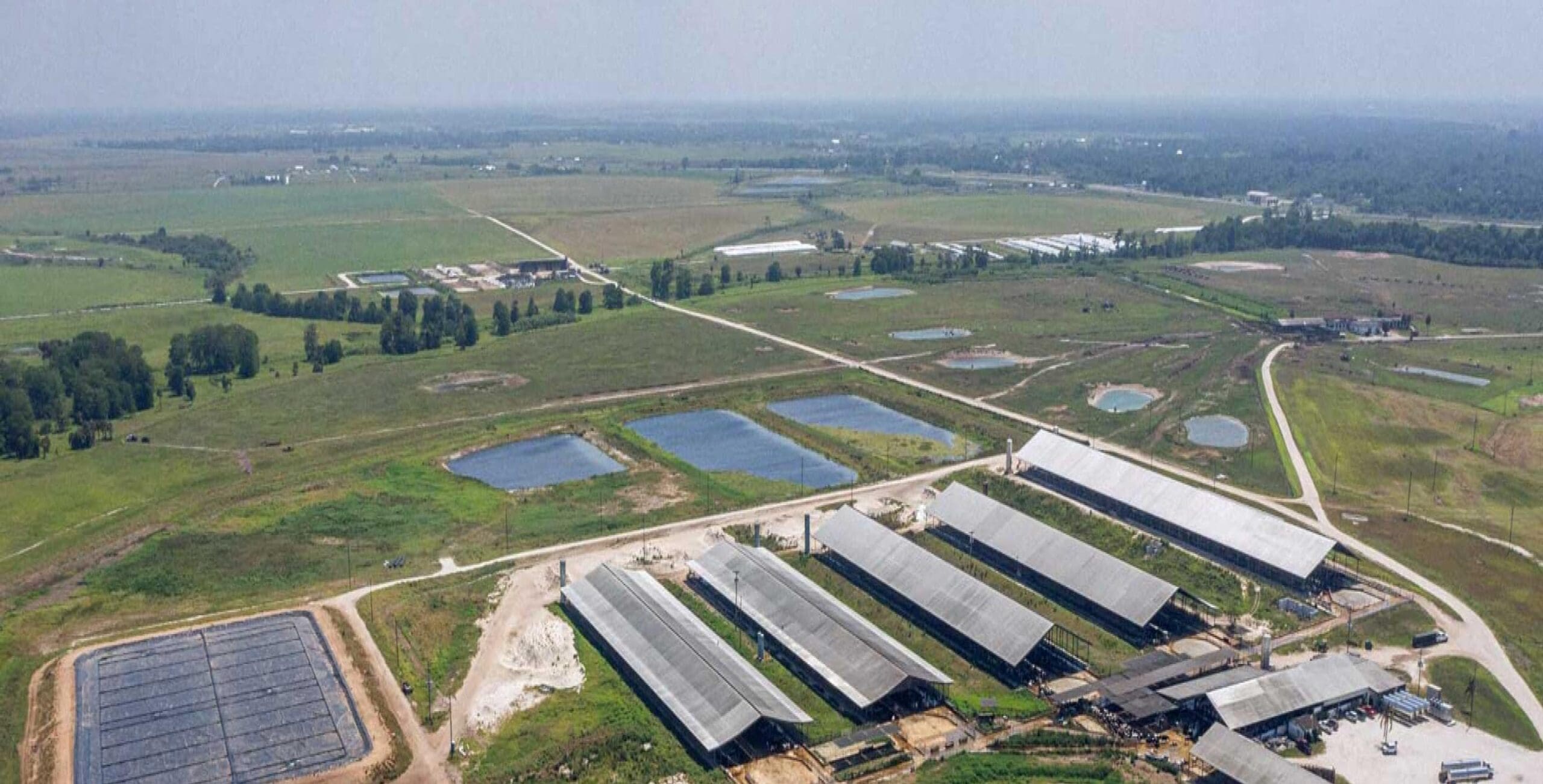
Turning organic waste into new products
Brightmark’s Circularity Centers capture greenhouse gas emissions through anaerobic digestion and convert them into new products. Our projects create value from waste by generating renewable products, reducing CO2 equivalencies, and diverting waste.
Manure, food, and other organic waste are collected on farms, and food processing facilities, and delivered from waste management companies.

The waste is deposited into a digester that extracts and captures methane gas from within.

The methane is then separated, cleaned, and compressed into renewable natural gas (RNG) for use as transportation fuel or by area residents for heating and power.

The remaining solids are converted into organic fertilizer or compost. Recaptured water is returned directly to the farm or site on which the digester is located for reuse.
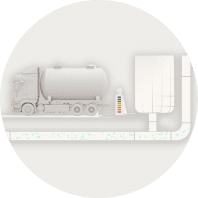
Organic waste—reimagined
At Brightmark, we capture the methane released from organic waste and convert it into renewable natural gas, better known as “RNG.”
Renewable natural gas (RNG) is natural gas produced from organic waste like food waste and animal plant-based materials. The significant sources of RNG are landfills, animal manure, and solid waste extracted during wastewater treatment.
The gas is “renewable” because it is created by continuously produced waste and is naturally occurring as part of the decomposition process. Anaerobic digestion technology captures raw biogas, cleans, upgrades, and compresses it into RNG.
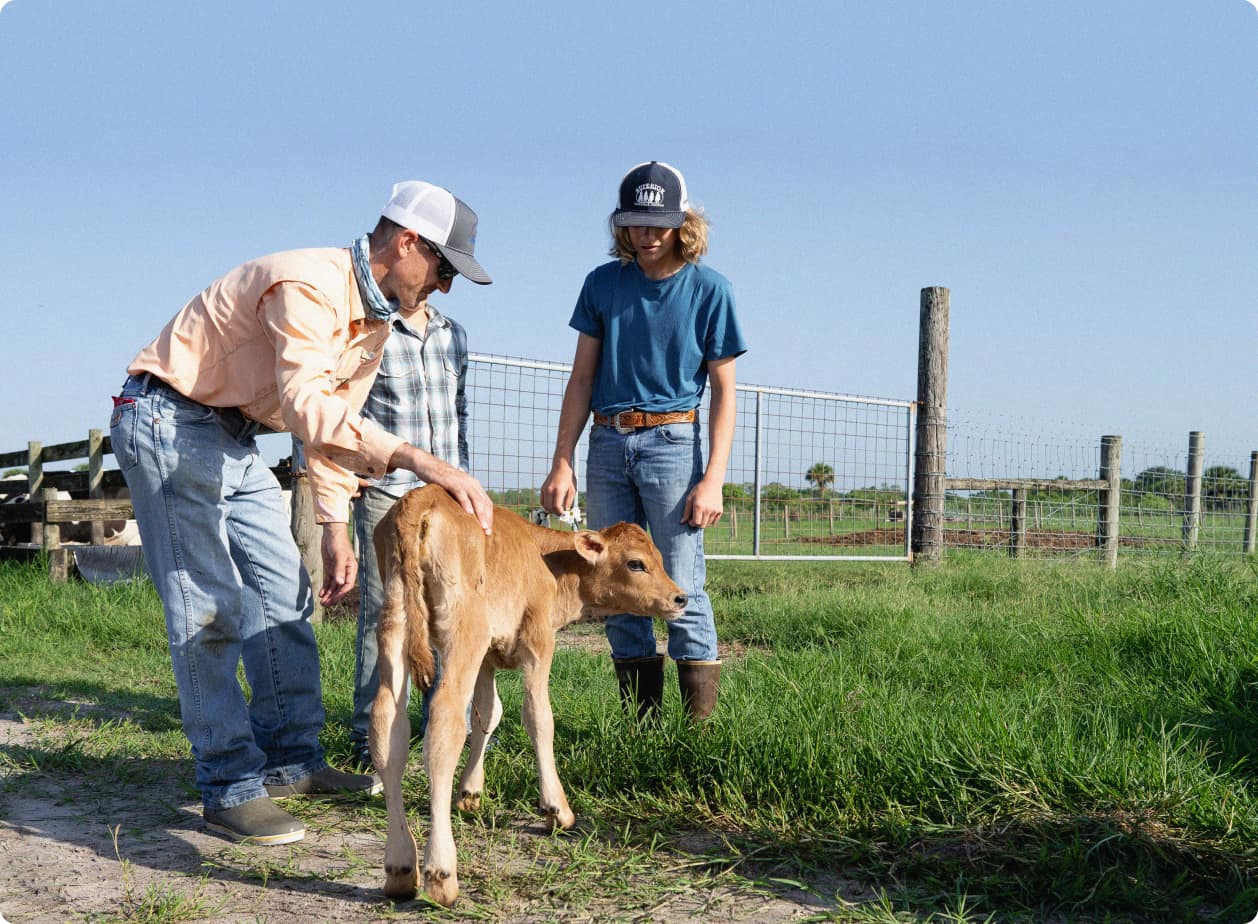
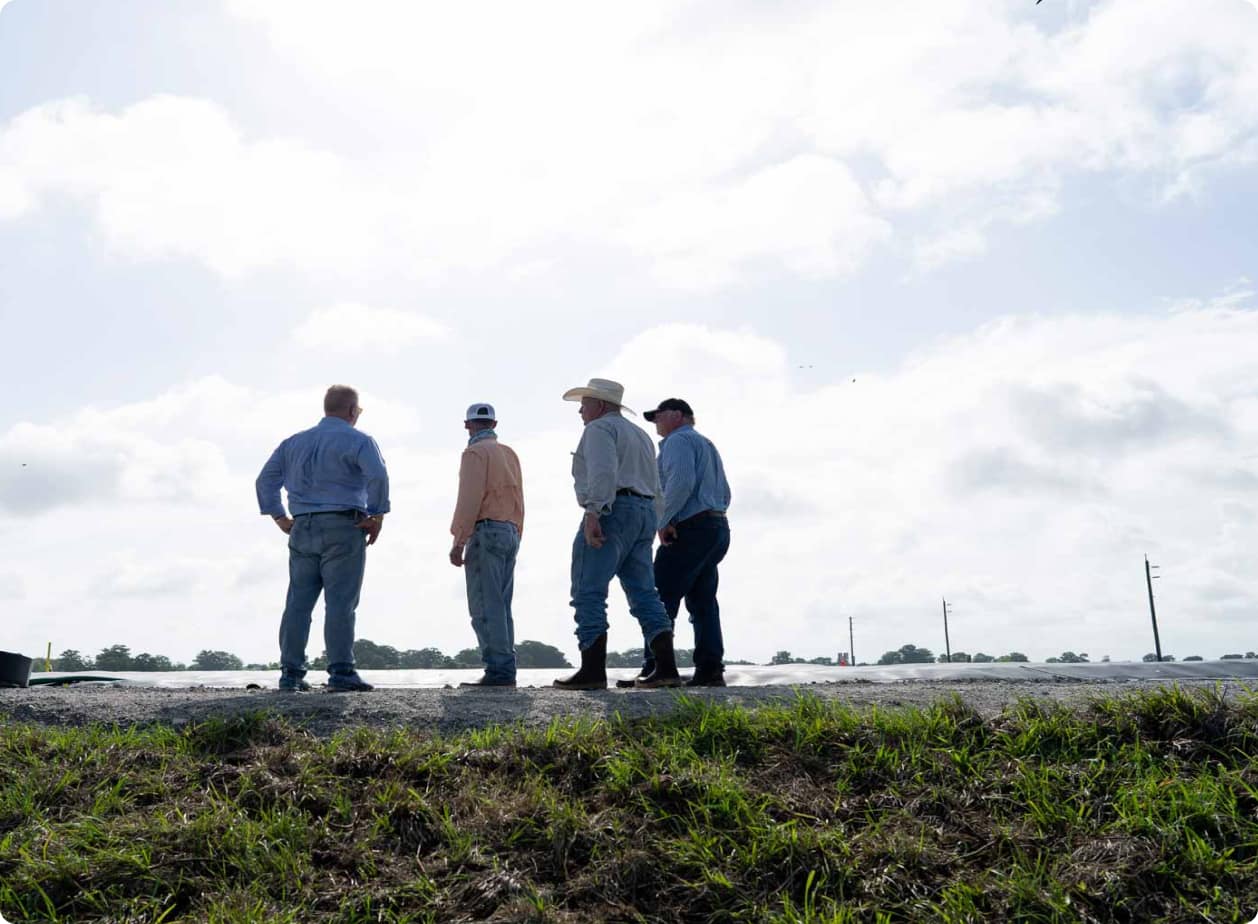
Farmer-focused, farmer-first
Our farmers are an integral part of helping us Reimagine Waste—they
care as much about the environment as we do, which is why we’re
proud to partner with various farmers throughout the nation.
Reimagining organic waste
“Brightmark has been a good partner in the development of this project. This technology now also allows us to convert manure to energy and improve the environment.”
– Woody Larson // Larson Dairy
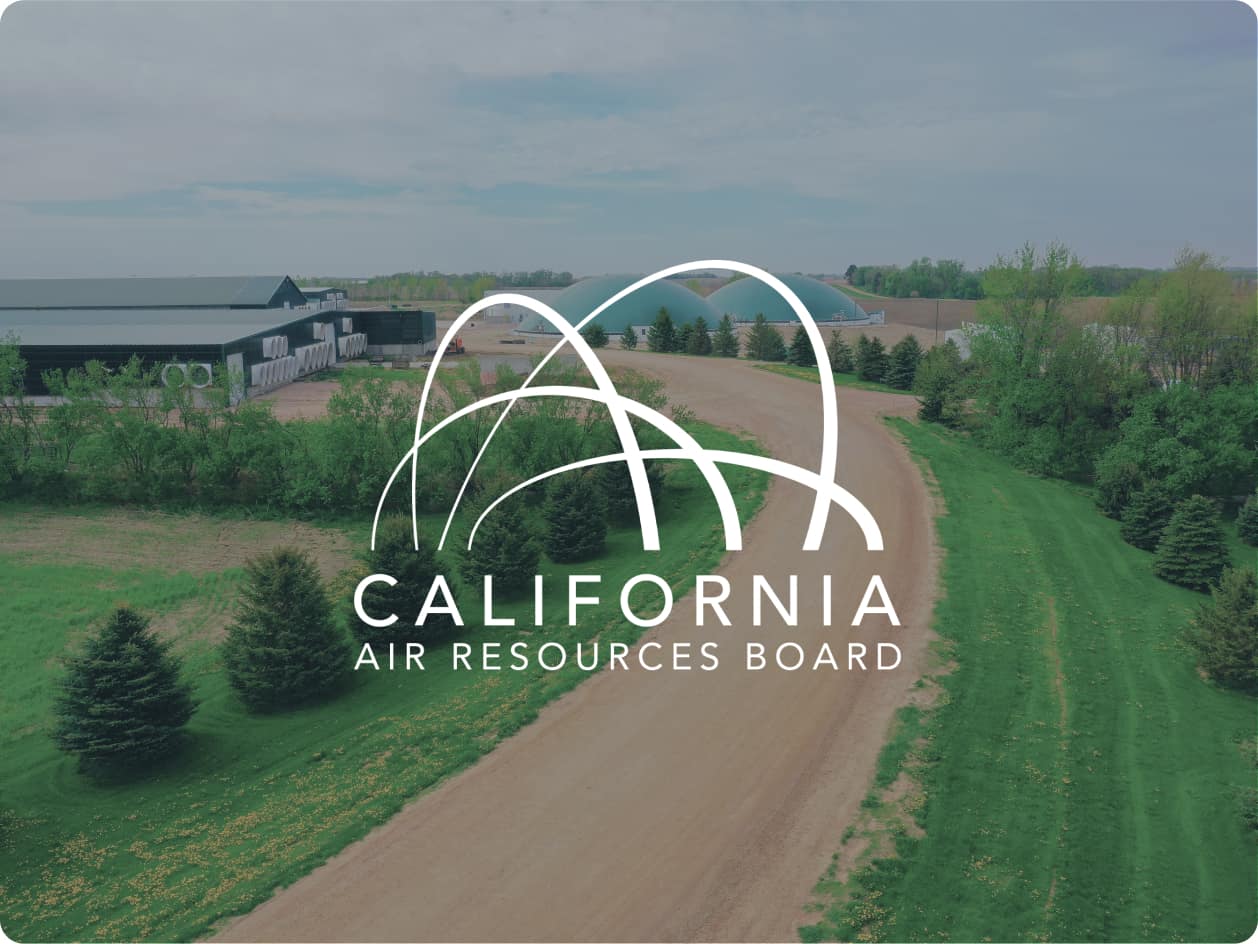
CARB certified
Our centers decrease the carbon intensity of transportation fuels. See which ones are California Air Resources Board (CARB) certified.
EPA participation
Learn about our centers that participate in the Renewable Fuel Standard Program—reducing greenhouse gases and expanding the nation’s renewable fuels sector.
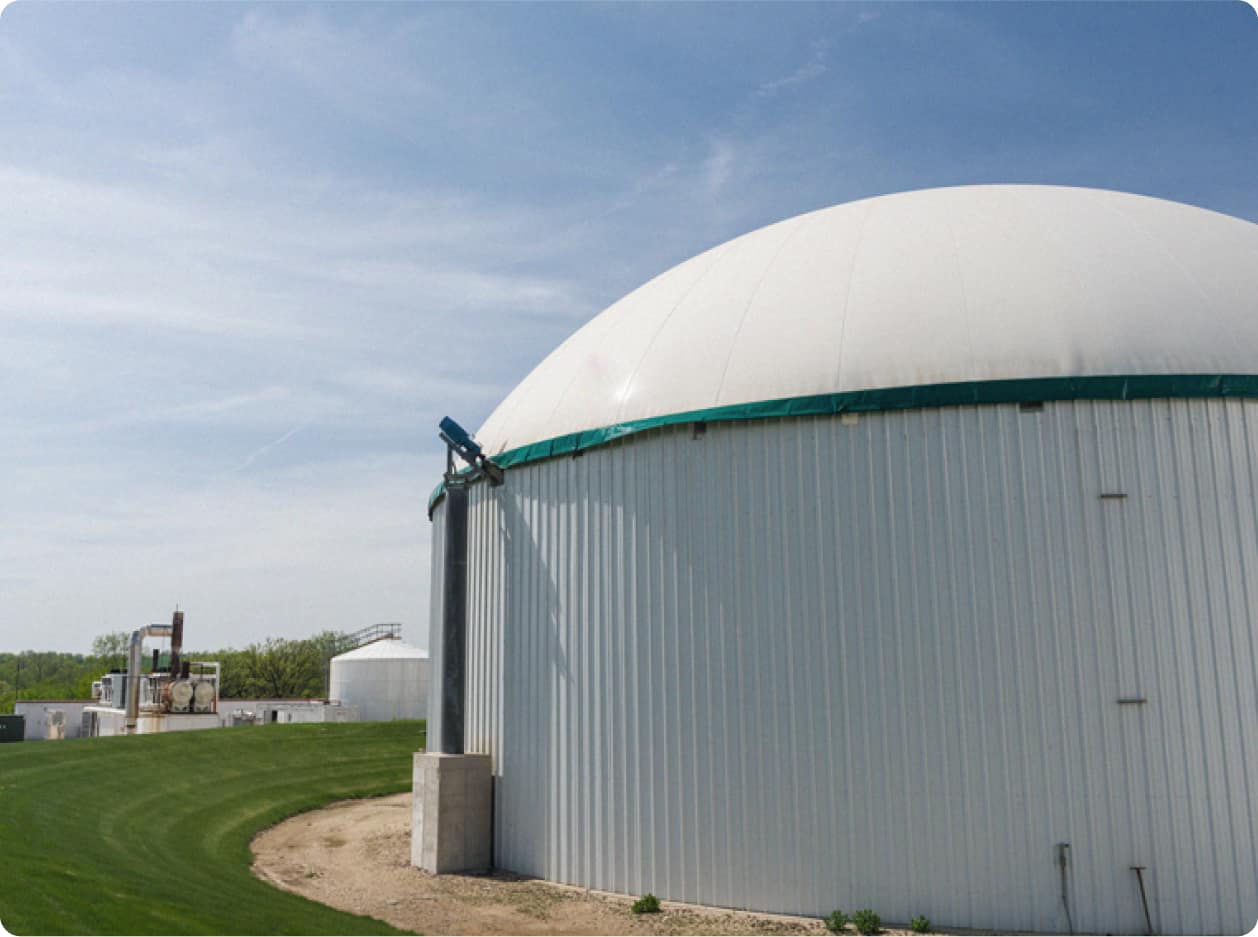
We're unwasting waste.
How renewable natural gas is made.
Renewable natural gas (RNG) is natural gas produced from organic waste like food waste and animal plant-based materials. The significant sources of RNG are landfills, animal manure, and solid waste extracted during wastewater treatment.
The gas is considered “renewable” because it is created by continuously produced waste and is naturally occurring as part of the decomposition process. Anaerobic digestion technology captures raw biogas, cleans, upgrades, and compresses it into RNG.
Reducing greenhouse gas emissions
Renewable natural gas offers myriad climate benefits throughout its life cycle compared to traditionally captured gas and other fuels, drastically reducing the greenhouse gases (GHGs) associated with agriculture and wastewater treatments. During anaerobic digestion, methane is captured as biogas and converted rather than released directly into the atmosphere.
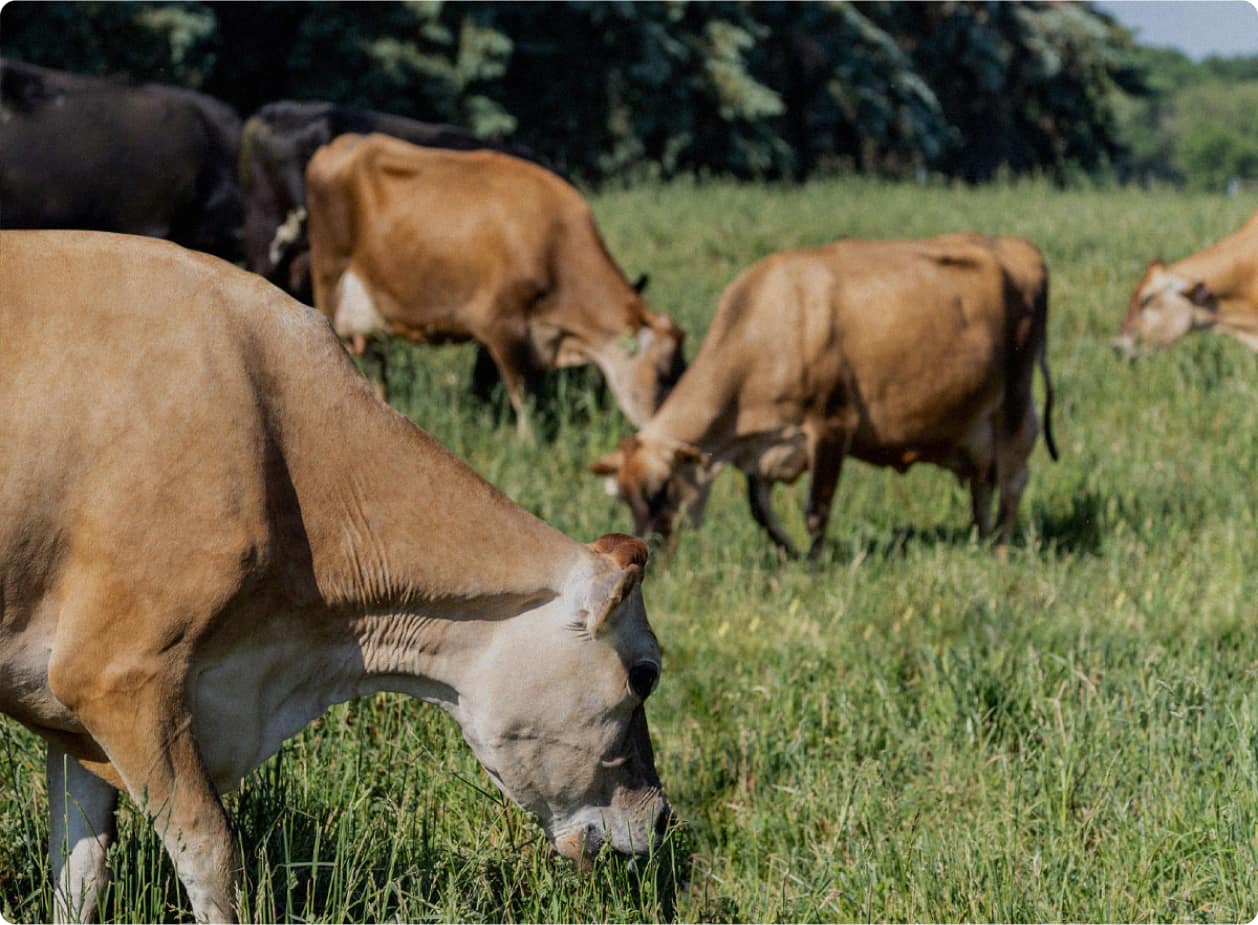
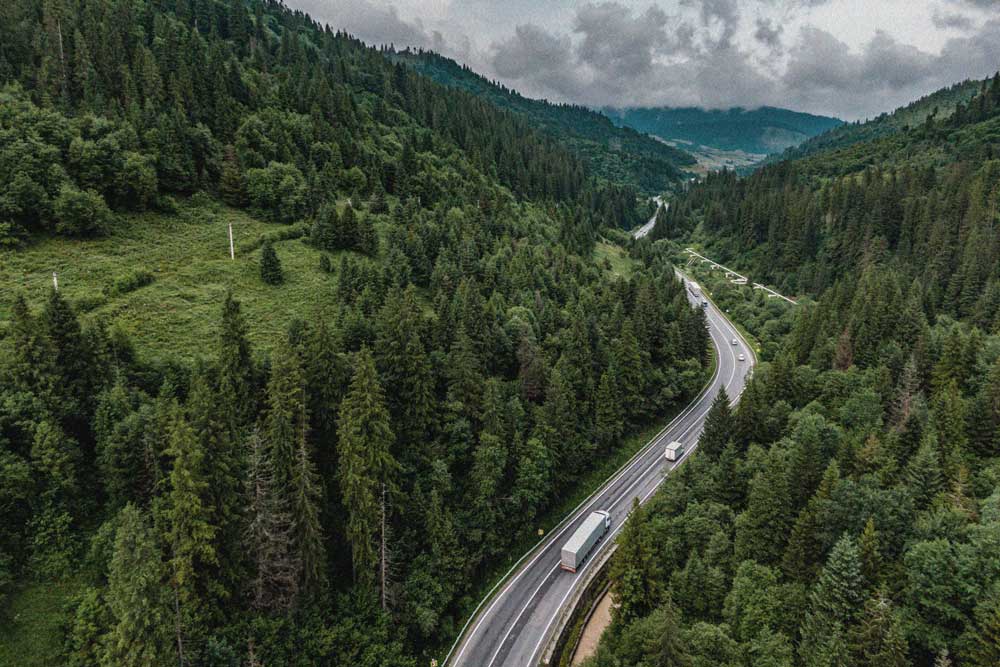
Lowering carbon footprints
When used in vehicles, natural gas emits 6% to 11% lower GHGs than gasoline throughout the fuel life cycle. Research shows that when climate benefits are considered together, RNG from dairy manure can reduce GHG emissions by up to 400% when replacing traditional vehicle fuels.1
1Alternative Fuel Data Center
1The California Air Resource Board
We, and our third-party partners, use cookies, pixels, and other technologies (“cookies”) to automatically collect, record, and share information you provide, as well as information about your interactions with our site for ad targeting, analytics, personalization, and site functionality purposes.
By continuing to use this site, you agree to our Terms of Use and to the use of tracking technologies and acknowledge our privacy practices as described in our Privacy Policy.
